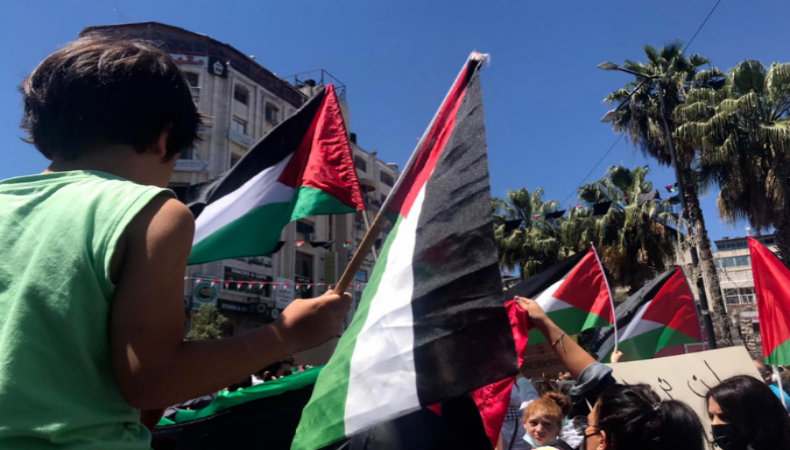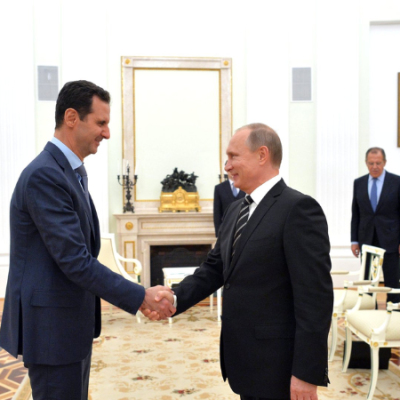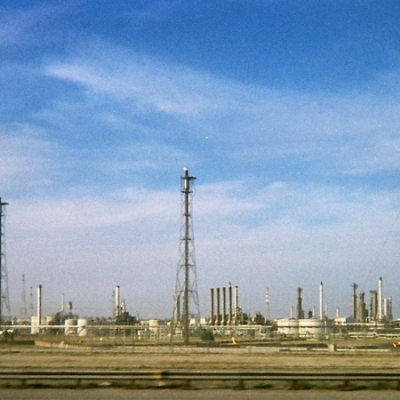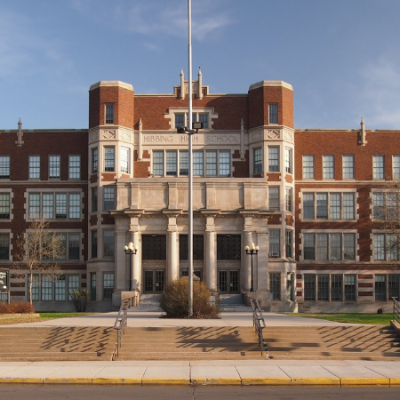Palestinians general strike, a rare display of unity among Arabs

Yesterday hundreds of thousand Israeli Palestinians and Arabs participated in a general strike to protest against Israel’s discriminatory and oppressive policies towards them, and the recent Israeli aggression to the Gaza Strip. The strike and subsequent protests affected both Palestinians from the West Bank and the Strip and Arabs who have Israeli citizenship, many of whom define themselves as “Palestinians in Israel,” descendants of Palestinians who inhabited these territories before the birth of the Israeli state, in 1948.
Many experts have called Tuesday’s demonstrations a “rare display of unity”, as well as the real novelty of the protests in recent days because they brought together communities that in recent decades had often been divided among themselves for both geographical and political reasons.
Areas of Israel, the West Bank, and East Jerusalem inhabited by Palestinians and Israeli Arabs were long-deserted on Tuesday, due to the closure of shops and other businesses. Many people gathered in the main squares waving Palestinian flags and chanting slogans against Israel and the policies adopted by the government of the right-wing nationalist Prime Minister Benjamin Netanyahu.
The protests have not only focused on the ongoing Israeli bombing of armed groups in the Strip, and in particular on Hamas (more than 219 Palestinians and 12 Israelis have been killed in the war so far). There were also strong protests against two other events that preceded the start of the war: the intervention of the Israeli police against the Palestinians inside and outside the al Aqsa mosque, in the Temple Mount complex in Jerusalem; and the eviction of three Palestinian families from Sheikh Jarrah, a neighborhood in East Jerusalem that has a very tangled and controversial history.
In the past ten days, there have also been very violent clashes between Arabs and Israeli Jews in several cities of Israel, where a significant Arab minority lives, including Lod, Acre, Haifa, Bat Yam, and Tiberias. In many cases, the protests were against the de facto discrimination adopted by Netanyahu’s right-wing government on Israeli Arabs, often treated as second-class citizens, a situation resulting from recently approved laws such as the 2018 “State of the Jewish nation” which officially defined Israel as an exclusively Jewish state.
As Jack Khoury wrote in Haaretz, the fact that the Palestinians of the Strip and the West Bank and the Israeli Arabs have found reasons to unite and protest together against Israel has in itself been relevant, as well as unusual: over the past few decades. these communities have been geographically separated, subjected to different rules, and governed by different entities, often in competition with each other: they have therefore partly developed different identities.
The Gaza Strip is an area separated from the rest of the Palestinian territories and was occupied by Israel during the Six-Day War, fought in 1967 between Israel and a coalition of Arab states that were about to attack first to defend Palestinian interests: then the Israeli army removed it from the control of Egypt. Israel occupied it until 2005 when it unilaterally decided to demobilize its settlements and withdraw the military. In 2007, at the end of a civil war for control of Gaza, the radical Hamas group succeeded in ousting the more moderate Fatah faction from the Strip; as a consequence, in the same year, Israel imposed a very strict embargo on the Strip, which still lasts today and is considered “inhuman” by many observers. The intense rivalry between Fatah and Hamas continues to this day.
The West Bank, which is the strip of land extending from Jerusalem to the western bank of the Jordan River, was also occupied by Israel in 1967. Before the war, the West Bank was under the control of the Jordanian government and was mostly inhabited. by people of Arab ethnicity; after the war, Israel began to establish so-called “colonies” in the West Bank, that is, civilian settlements of Jews that Israeli governments continued to expand despite the opposition of most of the international community. The West Bank is now ruled by the Palestinian Authority, dominated by the moderate party of Fatah, although Israel retains several important powers, including military control of much of the territory.
A particular status is that attributed to East Jerusalem, largely occupied militarily by Israel since 1967, despite the 1948 armistice, at the end of the first war between Arabs and Israelis, which left it under Palestinian control. East Jerusalem is separated from the rest of the West Bank by a wall built by the Israelis to protect their settlements, and its inhabitants are not Israeli citizens but have a right to permanent residence. This situation allows them to have an easier life than Palestinians living in the West Bank – they have greater freedom of movement and can use the same services as Israelis – but many of them often report that they are still less treated than Israeli Jews.Finally, the strike and protests on Tuesday involved Israeli Arabs, whose Palestinian identity has been progressively strengthening since 1967.
Israeli Arabs are a minority equal to about 20 percent of the entire Israeli population: they are mostly descended from Palestinians who inhabited the territories of present-day Israel before the birth of the state of Israel in 1948 and live in Arab cities. or mixed, such as Lod, where the most intense violence of the last ten days has occurred. They are full-fledged Israeli citizens, and therefore can vote in elections held in Israel, and can be voted on.
The main political force that represents the Israeli Arabs is an electoral cartel made up of various parties, the Common List, which for several years has been able to regularly enter Parliament. In the last elections, however, it presented itself without its more conservative component, Ra’am, who before the war began to be in talks to join a coalition government between parties opposed to a new Netanyahu government. So far, however, in the history of Israeli politics, it has never happened that a party of Israeli Arabs has entered the ruling majority.



